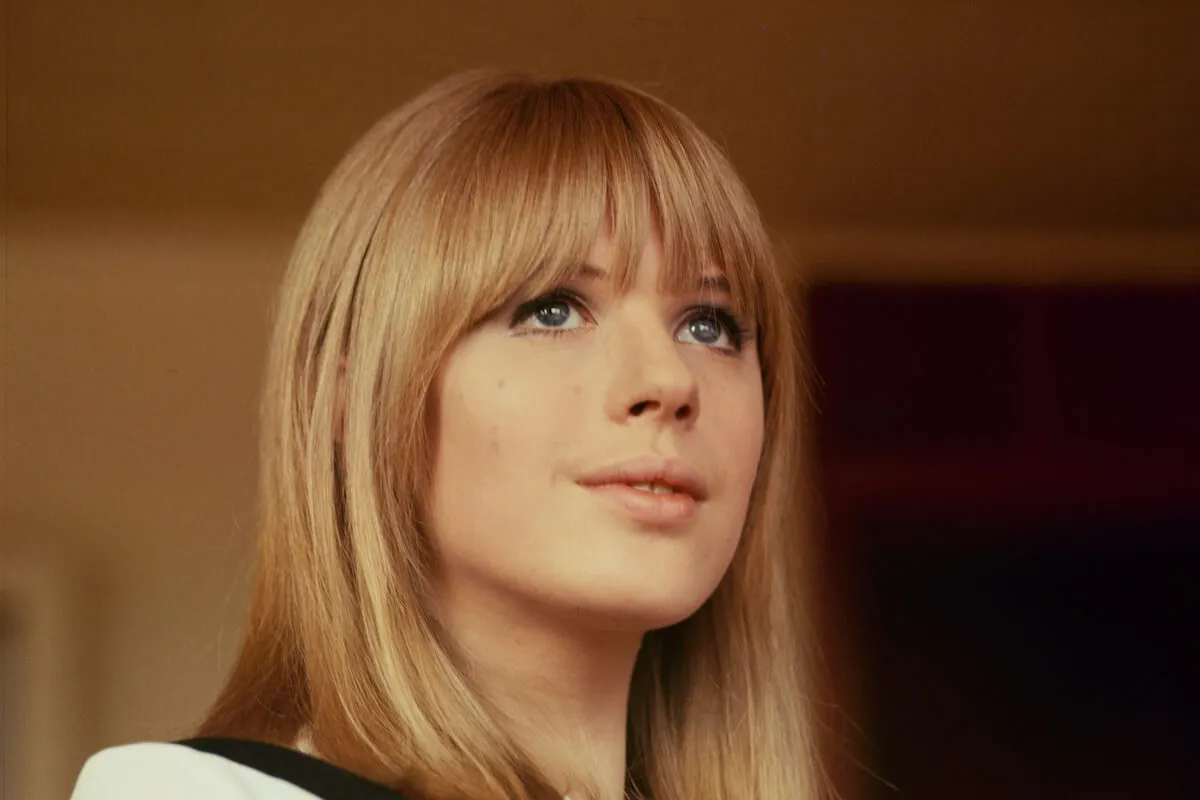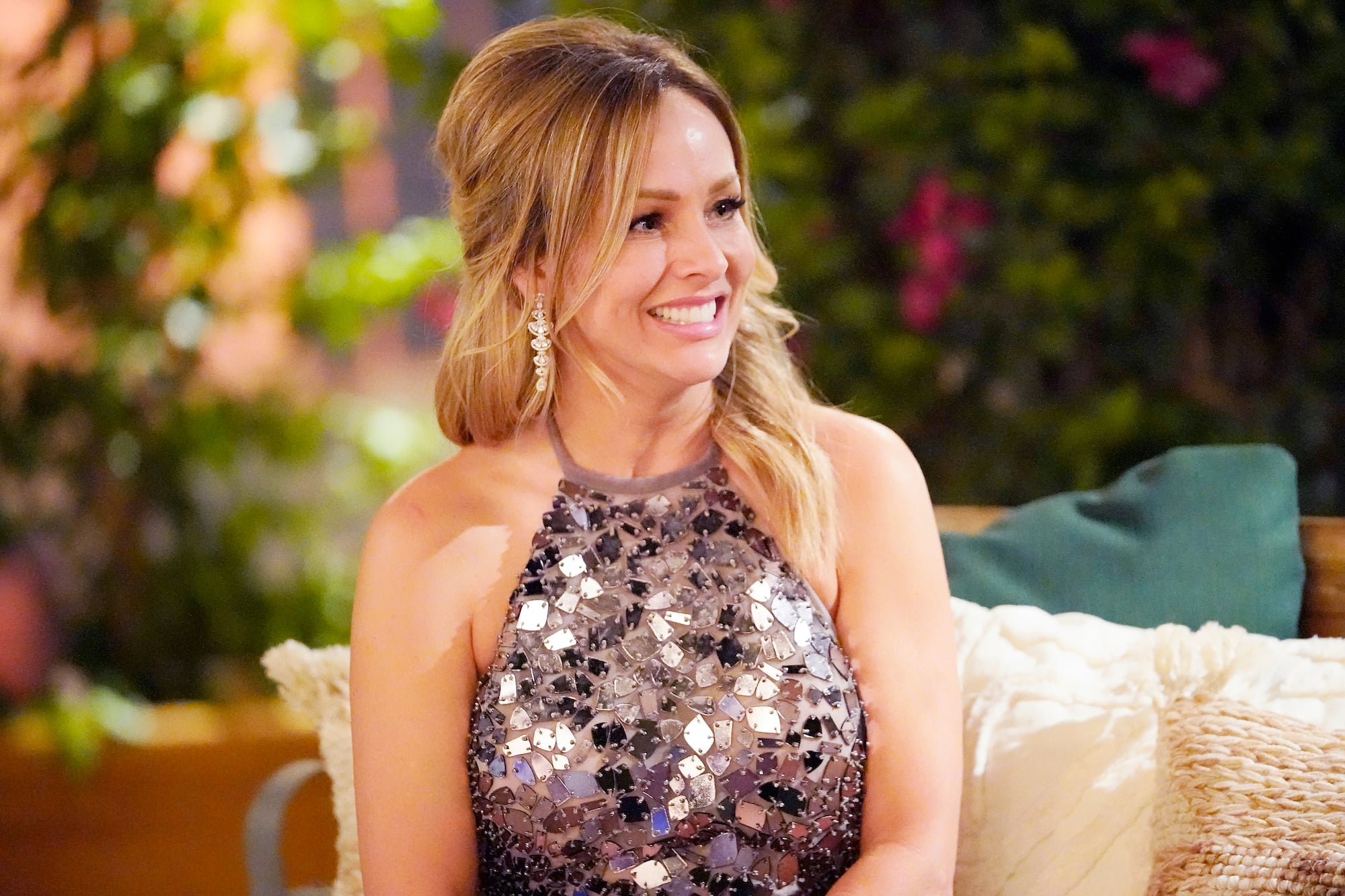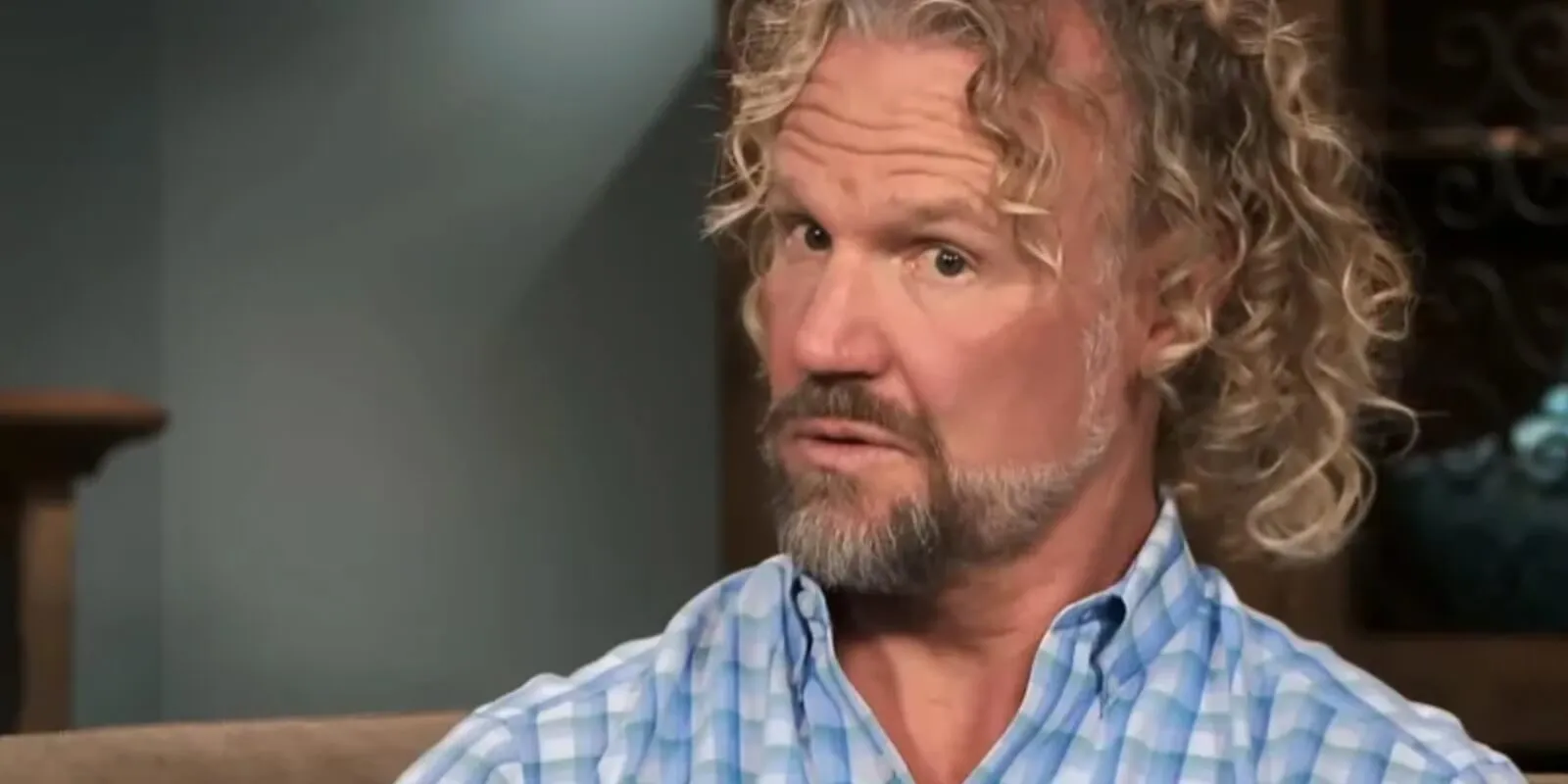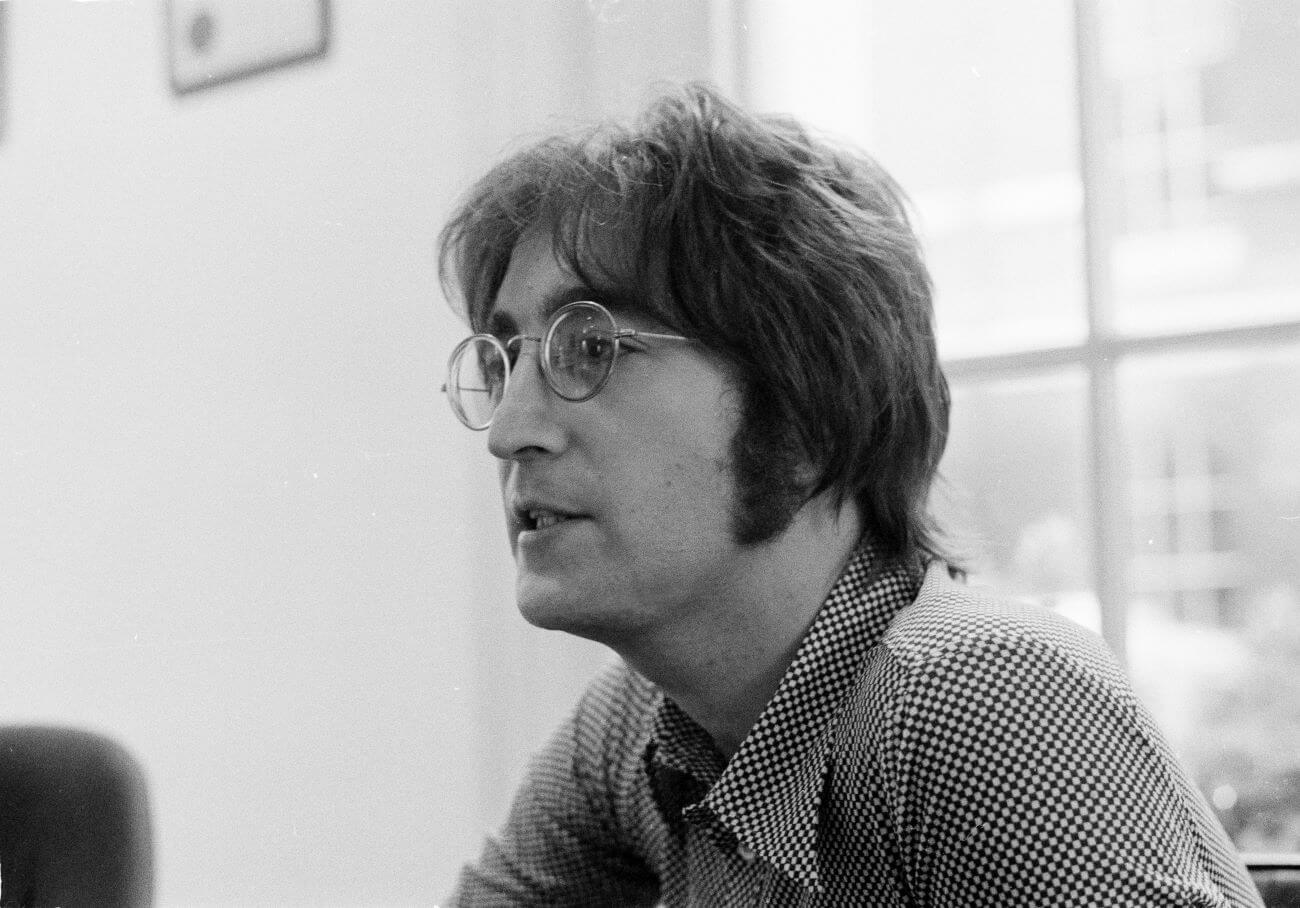
Paul McCartney Said John Lennon Never Got Over His Father’s Absence
Paul McCartney and John Lennon bonded over the deaths of their mothers and, according to McCartney, Lennon also spoke candidly about his relationship with his father. He was not a part of Lennon’s life for most of his childhood, but they reunited during Lennon’s time with The Beatles. According to McCartney, Lennon never fully recovered from his father’s absence.

Paul McCartney said John Lennon struggled with his relationship with his father
When Lennon was young, his father, Alfred, and his mother, Julia, separated. Alfred fell out of his life entirely, and Lennon moved in with his aunt and uncle. While he saw Julia sporadically throughout his childhood, he was fully estranged from Alfred. According to McCartney, Lennon’s formidable reputation as a teenager was a result of his upbringing.
“John was the local Ted. You saw him rather than met him,” McCartney said, per The Beatles Anthology. “I know John’s story, and as I got older I realised it was his childhood that made John what he was.”
McCartney explained Lennon worried his father left because of him. It had a profound effect on him all throughout his life.
“His father left home when he was four,” McCartney said. “I don’t think John ever got over that. I talked to him about it. He would wonder, ‘Could he have left because of me?’ Of course he couldn’t, but I don’t think John ever shook off that feeling.”
The Beatle was absent in his son Julian’s life
Though his father’s absence was reportedly a painful part of Lennon’s life, he behaved similarly with his eldest son, Julian. When Lennon and his first wife, Cynthia, divorced, his relationship with Julian grew distant.
“I have to say that, from my point of view, I felt he was a hypocrite,” Julian told The Telegraph in 1998. “Dad could talk about peace and love out loud to the world but he could never show it to the people who supposedly meant the most to him: his wife and son. How can you talk about peace and love and have a family in bits and pieces — no communication, adultery, divorce? You can’t do it, not if you’re being true and honest with yourself.”
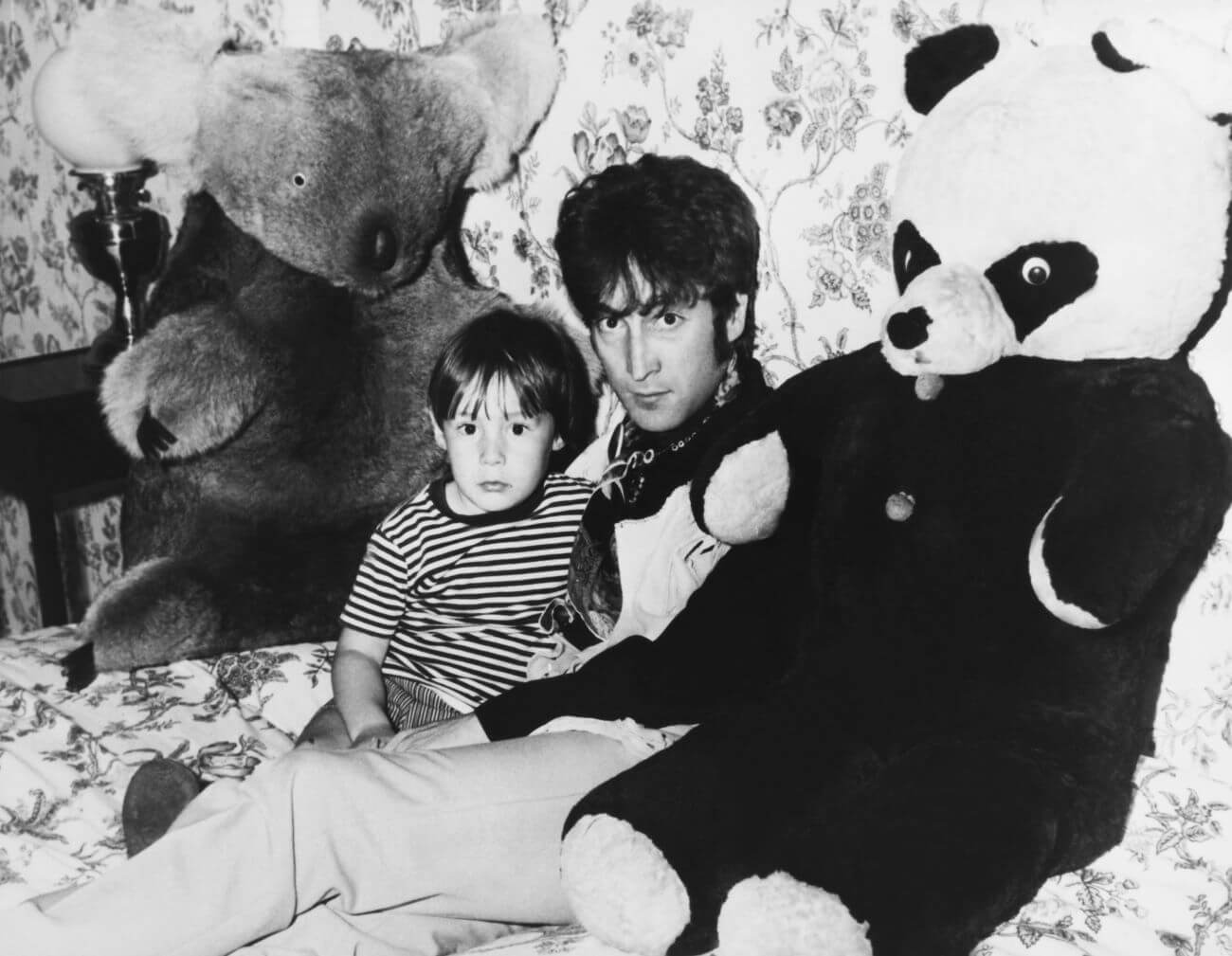
In the early 1970s, Lennon’s girlfriend, May Pang, encouraged him to repair his relationship with Julian. While they began to see each other more often, Julian said they were never particularly close.
“It was still very distant. I probably knew him as much as I know you,” Julian told the reporter. “That’s about how warm it was. There were cuddles now and then but there was always an uneasy tension.”
Given Lennon’s relationship with his father, it’s tragic that he treated his son similarly.
When did John Lennon last see his father?
Lennon and Alfred began seeing each other again in the 1960s, but they saw each other for the final time in 1970. Alfred, his wife Pauline, and their young son David visited Lennon on his 30th birthday. The day did not end well.
“[John] launched into an account of his recent visit to America, and as the story unfolded, so the self inflicted torture began to show in his face, and his voice rose to a scream as he likened himself to ‘Jimi Hendrix’ and other Pop Stars who had recently departed from the scene, ending in a crescendo as he admitted he was ‘Bloody Mad, Insane’ and due for an early demise,” Alfred wrote in a letter, per John Lennon: The Life by Philip Norman. “It seemed he had gone to America, at great expense to have some kind of treatment through drugs, which enabled one to go back and relive from early childhood the happenings, which in his own case, he should have been happier to forget.”
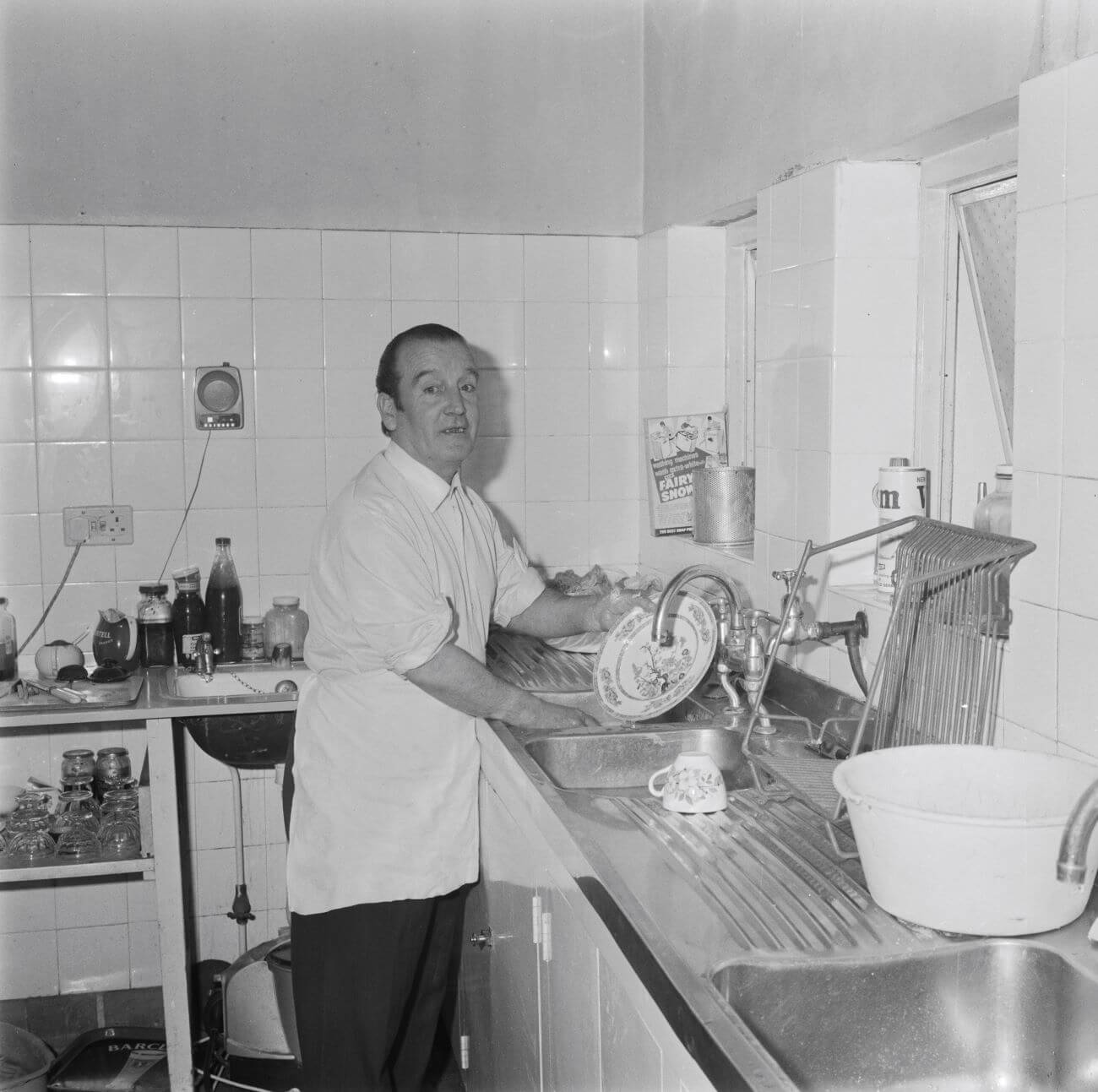
Lennon then turned his anger to Alfred.
It was when I once more alluded to the fact, that I had never asked him for financial help, and was quite prepared to manage without it, that he flew into another abominable outburst, and accused me of using the ‘Press’ to force him to help me, and that, if I were to do so again, particularly about our present discussion, he would have me ‘done In.’ There was no doubt whatsoever in my mind, that he meant every word he spoke, his countenance was frightful to behold, as he explained in detail, how I would be carried out to sea and dumped, ‘twenty — Fifty — or perhaps you would prefer a hundred fathoms deep.’ The whole loathsome tirade was uttered with malignant glee, as though he were actually participating in the terrible deed.
While Lennon ultimately lent his father money for repairs at his apartment, they never saw each other again.
